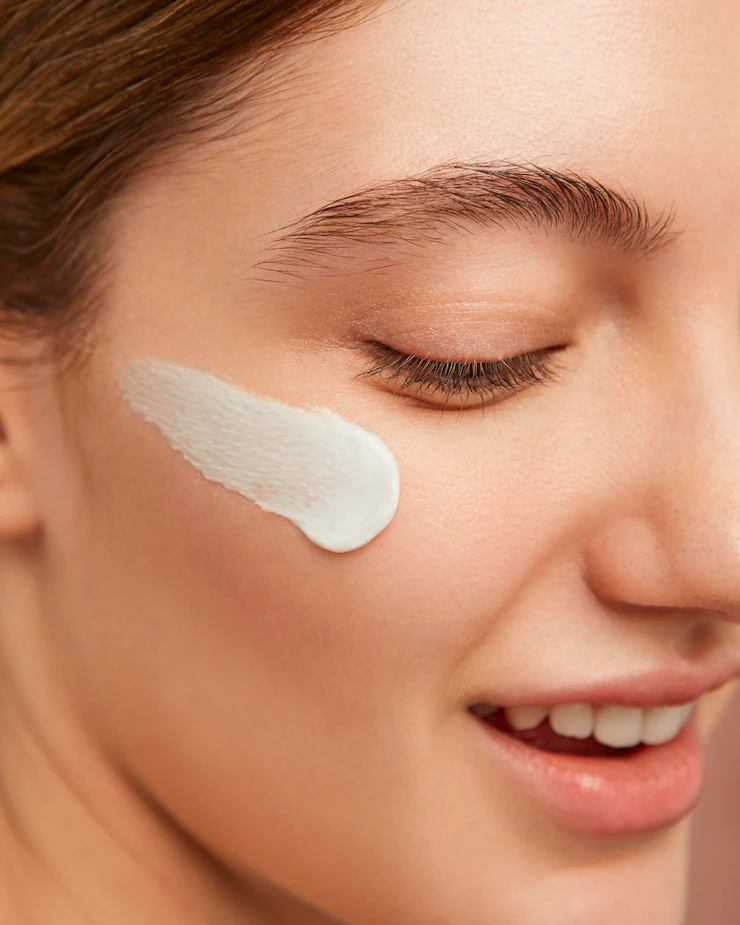- Home
- Halal makeup
- Makeup Ingredients That Are Not Halal
Makeup Ingredients That Are Not Halal

What is Halal makeup?
Before we dive into makeup ingredients that are not Halal, let's go through what is Halal makeup.
A Halal makeup is a makeup that does not contain impermissible ingredients listed below:
- products derived from dogs - fur, saliva
- products derived from porcine or pig - lard, porcine gelatin
- products derived from humans - placenta, blood
- products derived from any animal not slaughtered according to Islamic rights - bovine gelatin, fats, milk, ovine lanolin, ovine milk
- colorants derived from cochineal beetles - carmine
- products that contains more than 1% Ethanol
- any ingredients that use the above as part of the manufacturing process are also not allowed
However, I beg to differ.
Ethanol aka Ethyl Alcohol used in makeup and skincare is not made from wine. As such, you can use cosmetic grade Ethyl Alcohol as a solvent and still claim it as Halal-compliant.
But why use Ethanol when you can avoid it completely?
Use Propanediol or Propylene Glycol instead.
References:
Ethyl Alcohol made from sugarcane
Ingredients that are Halal-compliant
There are ingredients that automatically considered Halal-friendly.
They only become not Halal when handled or processed in the same facility and equipment with the impermissible ingredients listed above.
- marine algae - spirulina, chlorella, all types of seaweed
- nuts - peanuts, almond, soybean etc
- beans - soya, green, red
- fish - fish gelatin
- crustaceans - crabs, lobsters, shrimps, barnacle
- other seafood - clams, oysters, snail
- products derived from bees - honey, beeswax, propolis, royal jelly
- fruits, vegetables, herbs and spices
What this means is: If you handle pigs and peanuts in the same facility, you cannot label your peanuts as Halal.
If you apply for Halal certification, the officer will decline your application.
I'm using Natural makeup. It's Halal right?
It may not be! You need to check the label.
Most makeup like lipstick, lip matte contains carmine. Carmine is one of the makeup ingredients that are not Halal.
Carmine is naturally-derived from Cochineal beetles. You get red colorant by grinding the beetles.
You must understand that it does not matter whether the makeup is:
- Natural
- Organic
- Vegan
- Handmade
- Homemade
- Mass produced
If it contains any of the above impermissible ingredients, it is not considered Halal-compliant.
Are synthetic ingredients Halal?
Synthetic ingredients are often created with one or more objectives. They are made in the lab to:
- provide an alternative version to the original one
- provide specific functions
- create more resources to serve the market's needs
- and other reasons
If the synthetic ingredients are made with the use of porcine, carmine and Ethanol from wine, then they fall into the category as makeup ingredients that are not Halal.
Otherwise, it is safe to use in your products.
List of makeup ingredients that are not Halal
- Humans blood, placenta, body parts, organs
- Animals blood, urine, poo, placenta, even if they are slaughtered accordingly
- Tallow - from cows that are not slaughtered accordingly
- Gelatin - from pigs, unknown sources or animals that are not slaughtered accordingly
- Lard
- Carmine
- Ethanol from wine-derived alcohol not allowed
To sum it all up, here is an image that you can download and print for easy reference.
Skincare crafters, Makeup crafters, Perfume formulators - it's for everyone who is interested to enter the Muslim market!
Makeup Ingredients that are not Halal by Nurhayati NasirYou might like to read this...
Do makeup products have to be vegan for Muslims?
❤️ Share with your friends! ❤️

